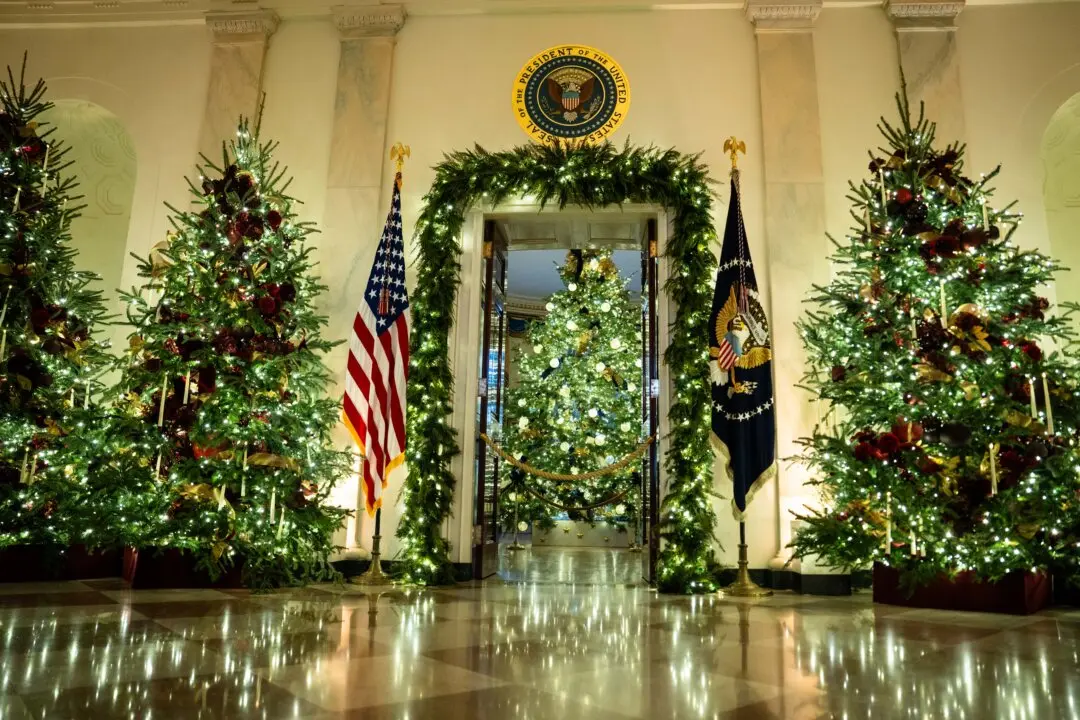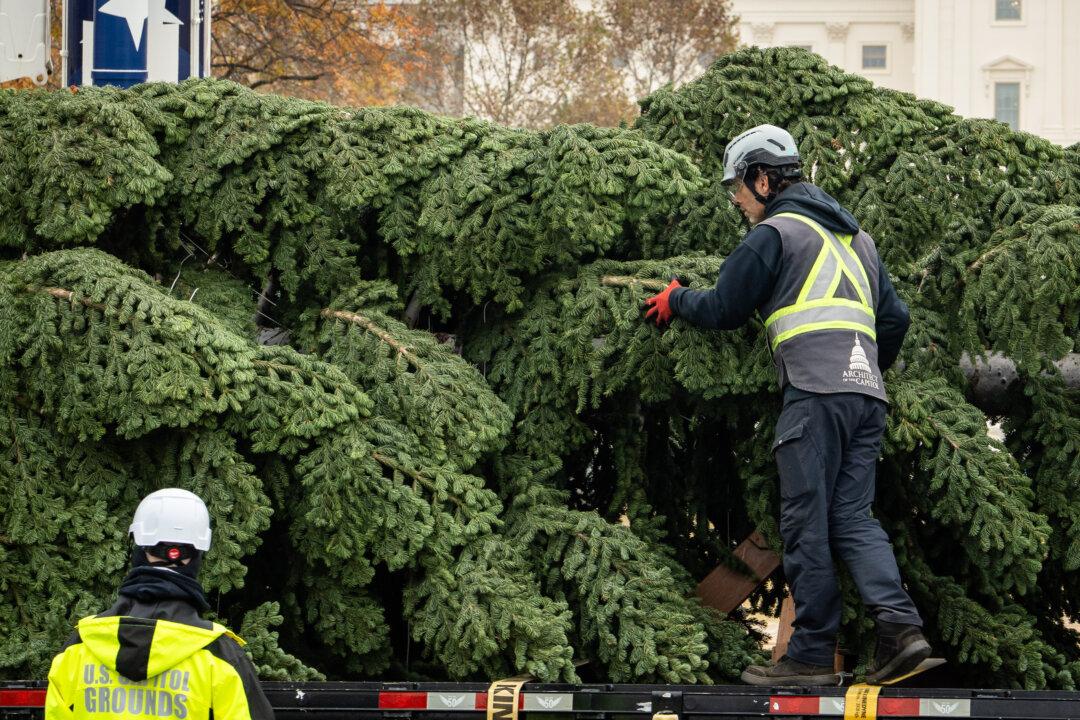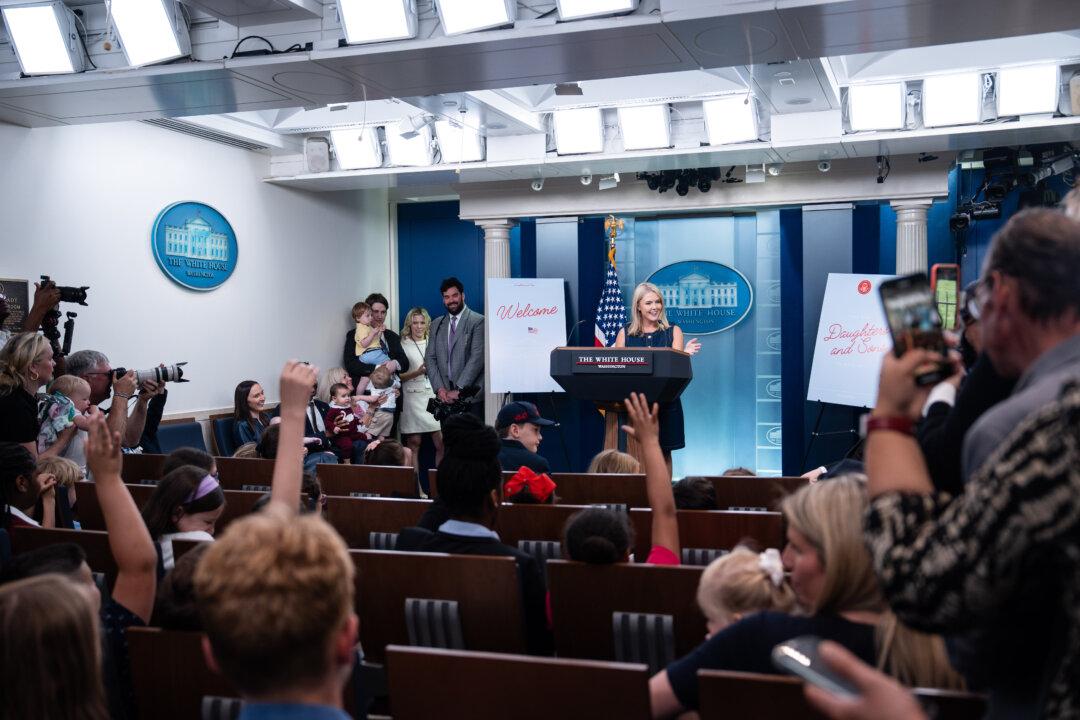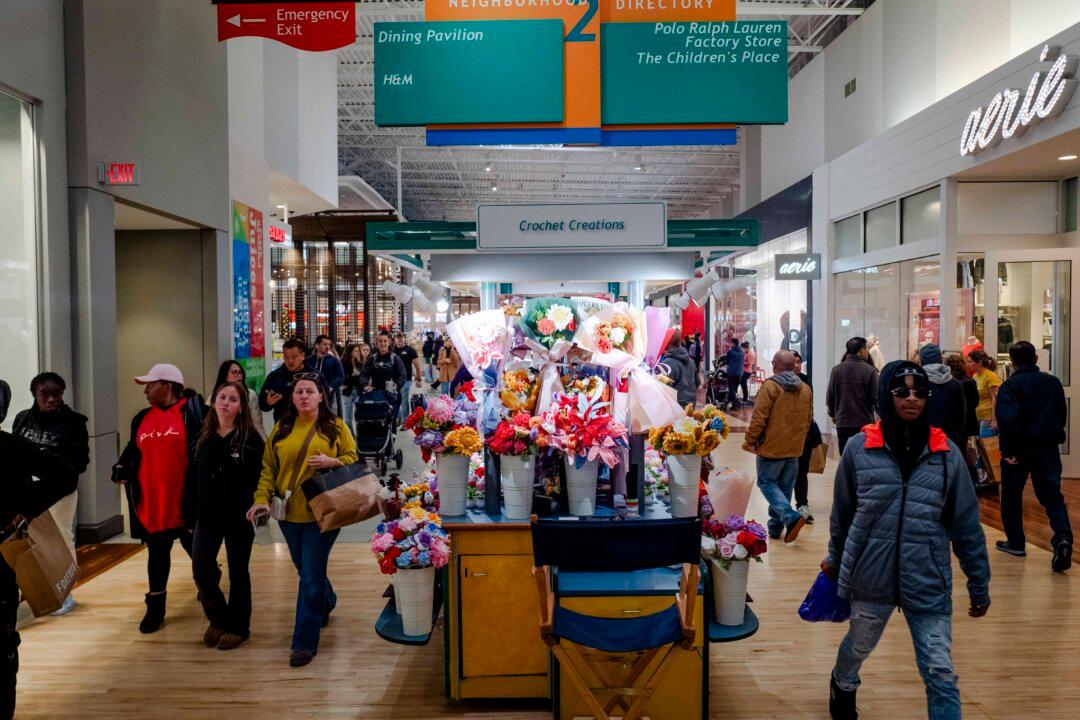WASHINGTON—The Oath Keepers jury selection ended on Sept. 29, with U.S. District Judge Amit Mehta announcing the 16 qualified jurors who will decide the defendants’ fate.
Mehta brought to the courtroom a total of 44 prospective jurors whom he qualified during the week despite their strong feelings about Jan. 6, 2021.





